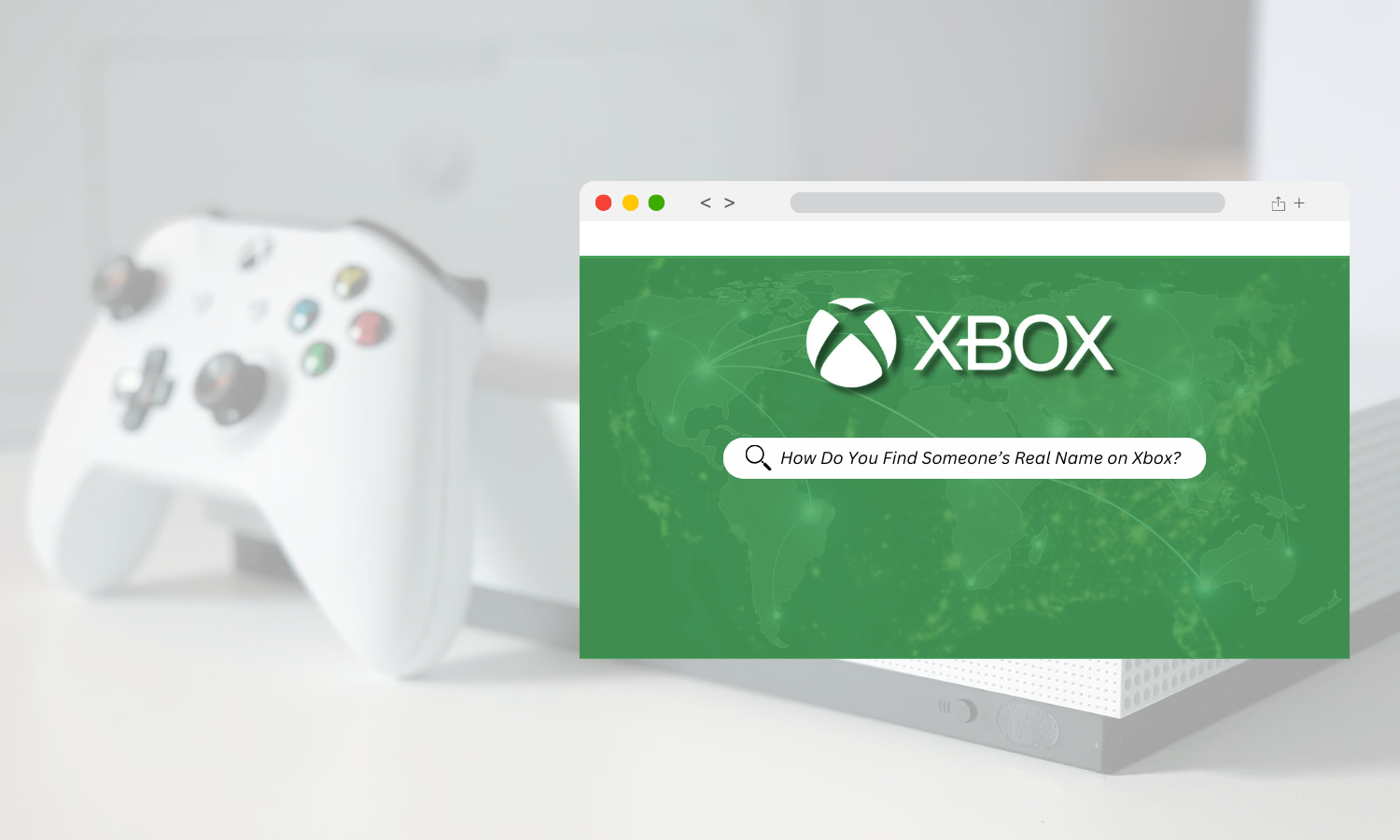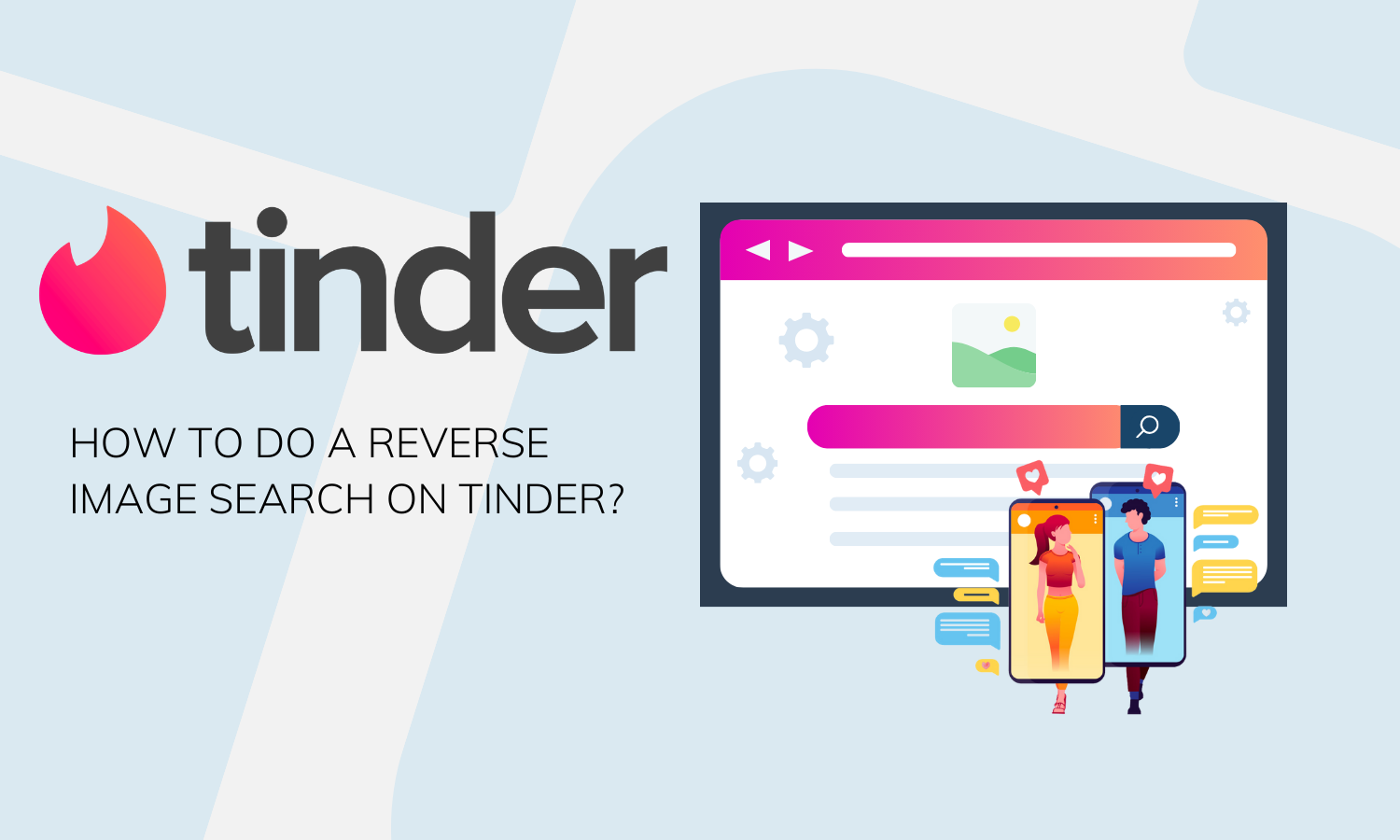

Updated · Jan 10, 2024
Updated · Jul 27, 2023
Harsha Kiran is the founder and innovator of Techjury.net. He started it as a personal passion proje... | See full bio
Girlie is an accomplished writer with an interest in technology and literature. With years of experi... | See full bio
In some countries, access to the Internet is heavily restricted and limited. Some states impose strict internet censorship laws due to security and moral concerns.
North Korea, China, and Iran are the most censored countries worldwide. With the strictest internet regulations, these countries ban content that doesn’t align with government beliefs.
Continue reading to learn more about how this internet censorship differs from around the globe.
Editor’s Choice
|
Technological advancement fundamentally changed how people trade information and communicate. Every day, more than 50% of people worldwide use the Internet for business, education, or enjoyment.
In 2022, 4.2 billion individuals were subjected to internet restrictions. Governments often restrict websites for safety and political reasons. Most of the limits are based on a country’s set of rules and regulations.
On the next section, you’ll learn about the major trends in government and school internet censorship statistics worldwide.
Over half of the world's population uses the Internet daily for various purposes. However, geo-blocking can be implemented to restrict content in a country. These restrictions may vary from one country to another depending on the rules implemented by their government.
While censorship is more emphasized in authoritarian states, it can happen in any country. Even developed countries like Belgium and the United Kingdom have restrictions on certain content. Websites with copyright issues and pornography
Here are the top countries where the Internet is strictly regulated and monitored:
(Go Globe)
Only 31% of the world's online population is free to use the Internet, while more than 64% express concern about government censorship. Since 2015, 46% of the global population has been impacted in some way by government-imposed Facebook bans.

Facebook, Instagram, and TikTok are blocked by authoritarian countries, including Azerbaijan, Armenia, and Jordan in 2022 and Pakistan and Uzbekistan in 2021.
(Statista, Freedom House Index)
The Human Freedom Index is a tool that can assist in observing linkages between freedom and other economic and social occurrences. Iceland is the leading country worldwide regarding internet freedom, having 95 index points in the Freedom House Index. China ranked the least, with only ten index points for user rights violations and access limitations.
(Business Insider)
North Korea strictly censors its internet use, prohibiting pornography and social media access and blocking VPNs. Their primary tool for internet filtering is called the Kwangmyong, a "walled garden" intranet service with between 1,000 and 5,000 carefully regulated sites covering national politics, culture, science, and economy.
The Iranian government has also blocked Internet access for most of its 84 million citizens. Although torrenting is not entirely prohibited, foreign VPNs are not allowed in the country. Social media sites like Facebook, YouTube, and Twitter have rigorous restrictions.
|
🎉Fun fact: The rogue state of North Korea not only bans content most, if not all, content from the West. They also don’t take kindly to the West, poking fun at their rulers. Sony Pictures suffered a devastating data breach from NK hackers after a Poke a Bear attack in retaliation to the studio’s satirical movie about them, “The Interview.” |
(VPN Mentor)
China's infamous filtration system, "The Great Firewall," has blocked over 8,000 domains to safeguard its people from foreign influence and destructive data.
The filtering system blocks social media sites such as:
They’ve also banned most blogging and streaming websites, messaging apps, email services, cloud storage, and search engines.
Sites are often banned in the country due to companies’ unwillingness to follow the government's data collection and privacy policies, user safety, and content moderation.
|
🎉Fun fact: Aside from social media, China also has cracked down on video games such as Animal Crossing and Pokémon Go. |
(Article19)
Since 2020, Turkey has shut down more than 450,000 websites. They've restricted more than 40,000 messages on Twitter and 10,000 videos on YouTube.

A 2020 censorship report from IFade states that by the end of 2020, Turkey had access to 467,011 websites blocked by 408,808 separate orders from 764 different institutions.
(Penn Today)
The First Amendment protects the citizens of the United States from government censorship. When the government censors, the amendment’s liberties are compromised.
However, the First Amendment's safeguards are not absolute, which has resulted in Supreme Court disputes. Over time, it has set rules or tests to establish protected and unprotected speech.
Since the invention of the Internet, it has become the wealthiest and most utilized source of information, especially for educators and students worldwide.
Even schools are cashing in on the innovations technology has brought out in the open. By 2025, the global e-learning market is projected to surpass $325 billion.
However, that doesn’t mean schools openly allow complete internet users within the four walls of the classroom. Schools often restrict what content can be accessed through content filtering.
To provide you with some insights, here's how online censorship affects educational institutions.
|
✅Pro-tip: As a student, the worst thing possible is being unable to access social media accounts, as no one likes being left out of the latest trends. The good news is that you don’t have to. Check out our helpful workarounds for school restrictions: |
(ERIC)
60.5% of primary and secondary teachers in Turkey agree that restricting specific Internet websites will not bring harmful effects to the educational system in general.
On the other hand, 86.6% of them oppose website blocking because they believe it can be used as a teaching tool.
|
🎉Fun Fact: It can be challenging to determine how school censorship affects students' learning. However, some have argued that the Internet can impede students’ performance. |
(Private Internet Access)
In 2021, the internet became richer, with almost 300 million new users, demonstrating 5.7% annual user growth. A report shows 1.4 million unique users daily on various social media sites.
The COVID-19 pandemic and the requirement for devices for work-from-home arrangements and online classes significantly increased the number of internet users.
Many people lobby for the internet to become a human right for people. In just a few decades, the Internet has become as accessible as air in countries like Iceland and Estonia.
After all, 60% of the world's population uses the Internet daily for personal and work-related purposes. Without it, people lose many opportunities for education and social mobility.
Many trends are involved with the internet, some positive and others negative. Privacy, control, freedom of expression, and criminalization of legitimate expressions have recently been pitted against surveillance and enforcement against regulation.
Read on to learn more about the changes in internet censorship worldwide.
(Surfshark, IndiaTimes)
The number of incidences of internet censorship in 2022 increased throughout the year, affecting an estimated 4.2 billion people.
There were 112 restrictions overall, which impacted 32 different nations. Russia, India, Iran, and the Jammu and Kashmir region received international media attention for regular Internet and social media interruptions.
However, that doesn’t mean people are taking censorship lightly.
There has also been growing pushback against internet censorship. In 2022, numerous Chinese protesters made a statement against Chinese censorship by posting photos of blank sheets of paper.
|
Twitter: |
Blank sheets of paper have become an iconic item during China Covid protests
— BBC News (World) (@BBCWorld) November 28, 2022
Many are now referring to the movement as the "white paper revolution" or the "A4 revolution"
Follow latest ⬇️
Called the “A4 Revolution”, this is just one of the many creative ways Chinese people bypass restrictions.
(Freedom House)
Of the billions of internet users worldwide, 56% lived in areas with limited political, social, or online religious content.

In comparison, 41% lived where an internet connection was frequently unavailable due to political situations. 46% of people live where social networking services are temporarily or permanently blocked.
(World Economic Forum)
Internet censorship requirement depends upon the state's rules and regulations. Ireland is lucky to enjoy such freedom compared to other countries that strictly enforce internet control.
In general, 24% of internet users had unrestricted access, while 29% of users had partially free access, and 35% had no free access worldwide.
On the other hand, countries with stricter censorship laws typically use VPNs, which are a legal loophole to get around internet restrictions that spoofs a user’s location and encrypts their internet traffic.
Others use proxies to unblock websites and services banned from their location.
(Business Insider)
Internet outages, social media shutdowns, and bandwidth limiting by governments have cost the world economy $5.5 billion in 2021. The number of persons affected by internet outages increased by 80% between 2020 and 2021.
While there are valid reasons for restricting online content, it also affects individuals’ freedom to express themselves, especially when they are banned from sites where they are allowed to speak freely.
Ultimately, this can lead to people developing limited critical thinking skills, apathy, conformism, ignorance, and stagnation in the long run. Not only that, but it also has lasting effects on democracy and may encourage subversive activities among citizens.
Censorship is a complex and complicated worldwide issue. While some censorship ought to protect individuals from the harmful effects of unwanted sites, everyone should stay vigilant against abuse of power concerning online freedom suppression.
Internet censorship affects freedom of expression by limiting and restricting an individual's speech and thoughts, whether in printed materials, television programs, or internet sites.
Internet censorship is necessary, but only in proportion. If unregulated, people with evil intent may exploit it to endanger everyone's safety and security.
The First Amendment does not guarantee the freedom of all speech. The Supreme Court has developed standards, or tests, for determining what address is protected and what is not.
Censorship in social media includes removing posts or comments, preventing others from publishing or commenting, and prohibiting others from having full access to an official media site.
Blocking IP addresses is a relatively easy technique to ban particular websites or platforms. The censor first compiles a list of all the websites with blocked IP addresses or TCP/IP port numbers. The ISP will then check each request against the list as browsers make requests to access websites. The ISP will cut off the connection if there is a match.
Your email address will not be published.
Updated · Jan 10, 2024
Updated · Jan 09, 2024
Updated · Jan 05, 2024
Updated · Jan 03, 2024




